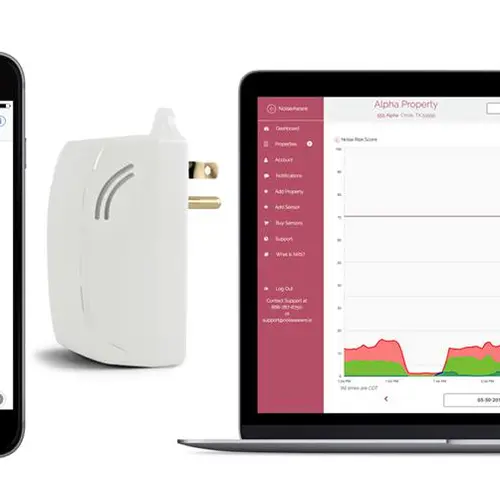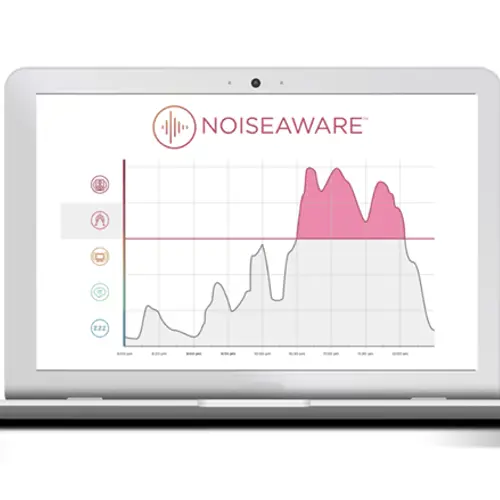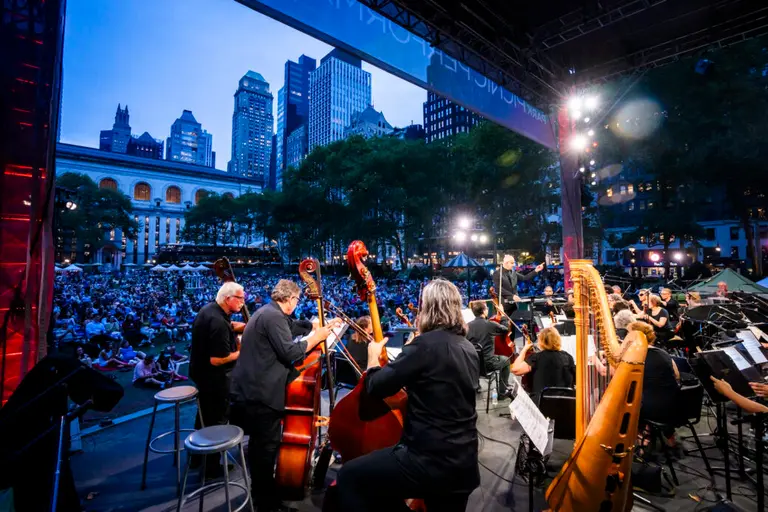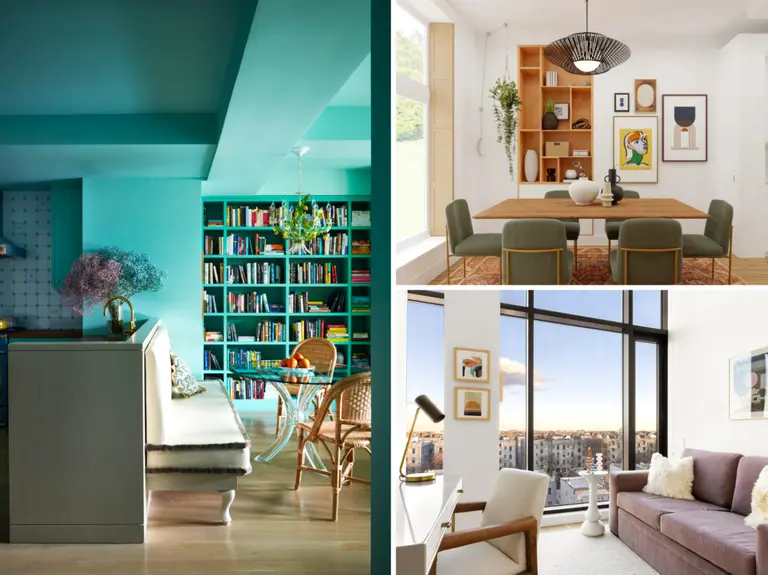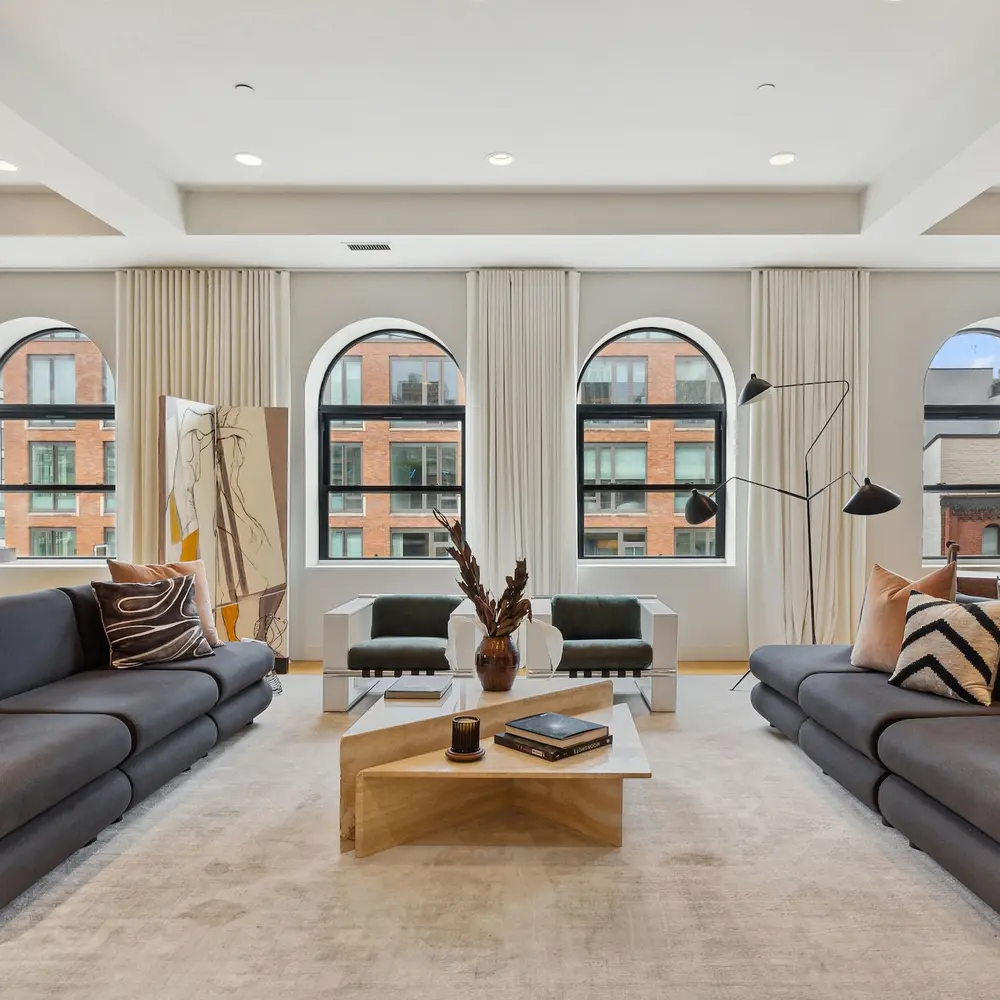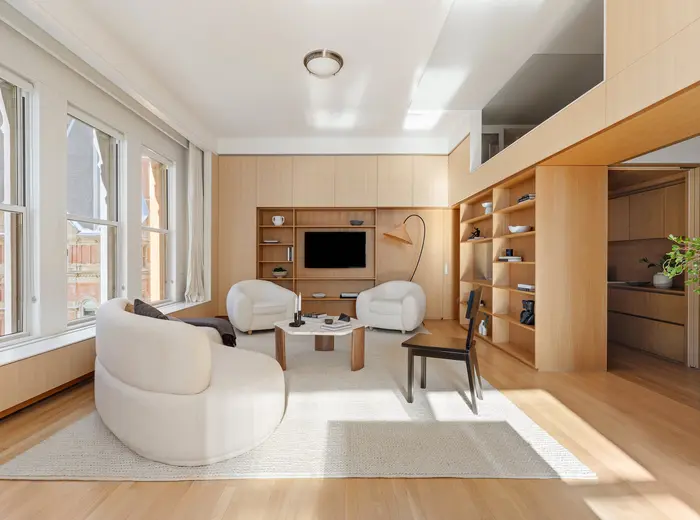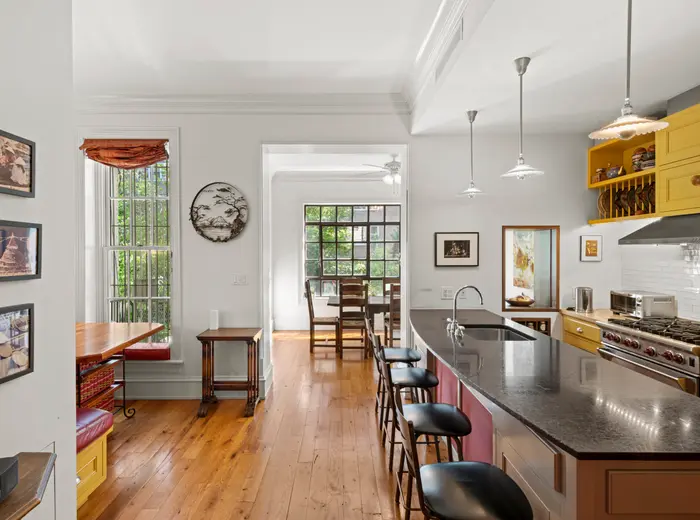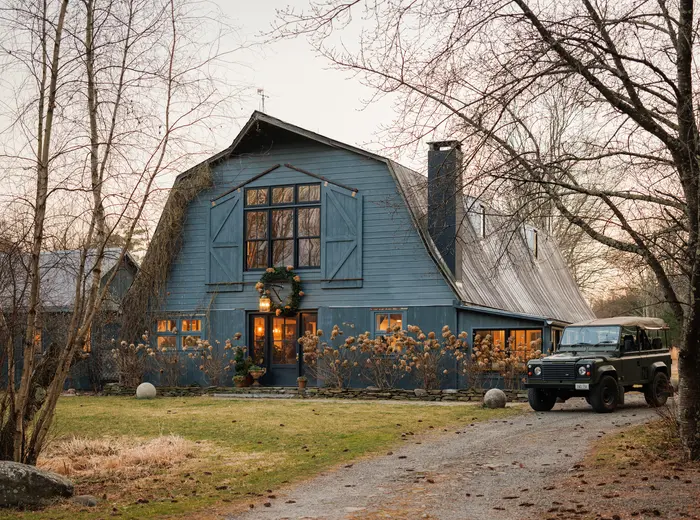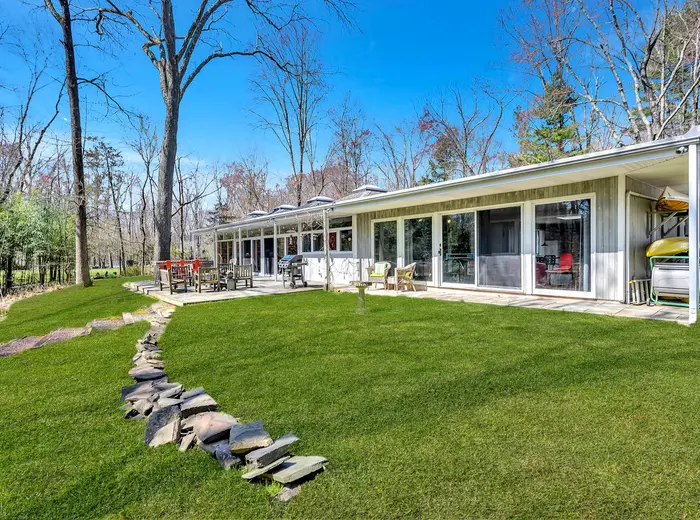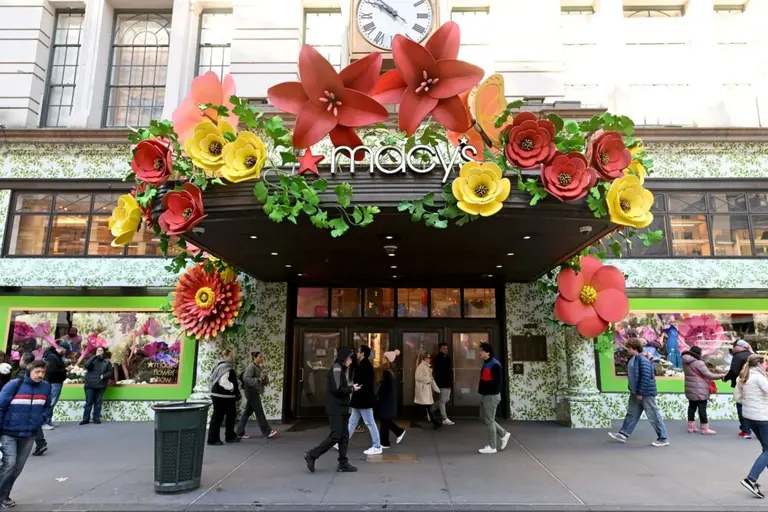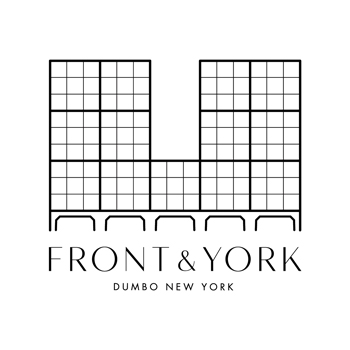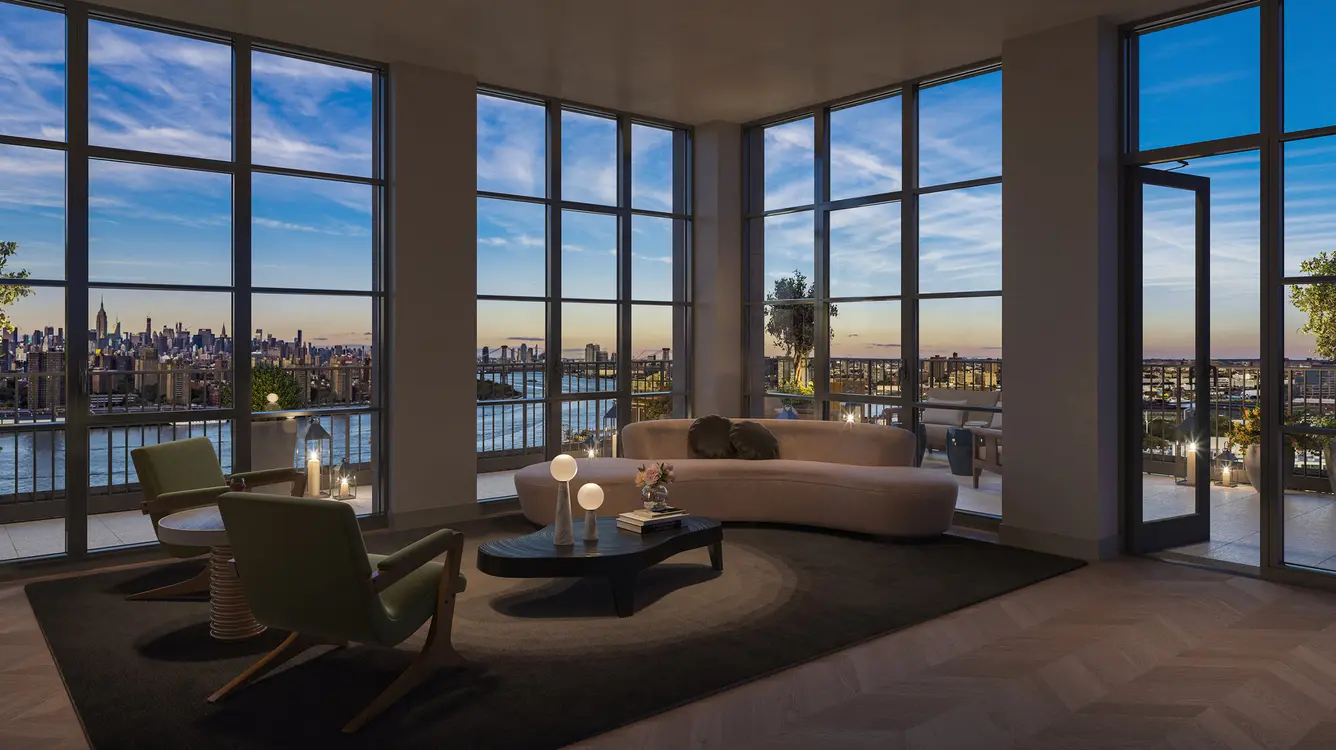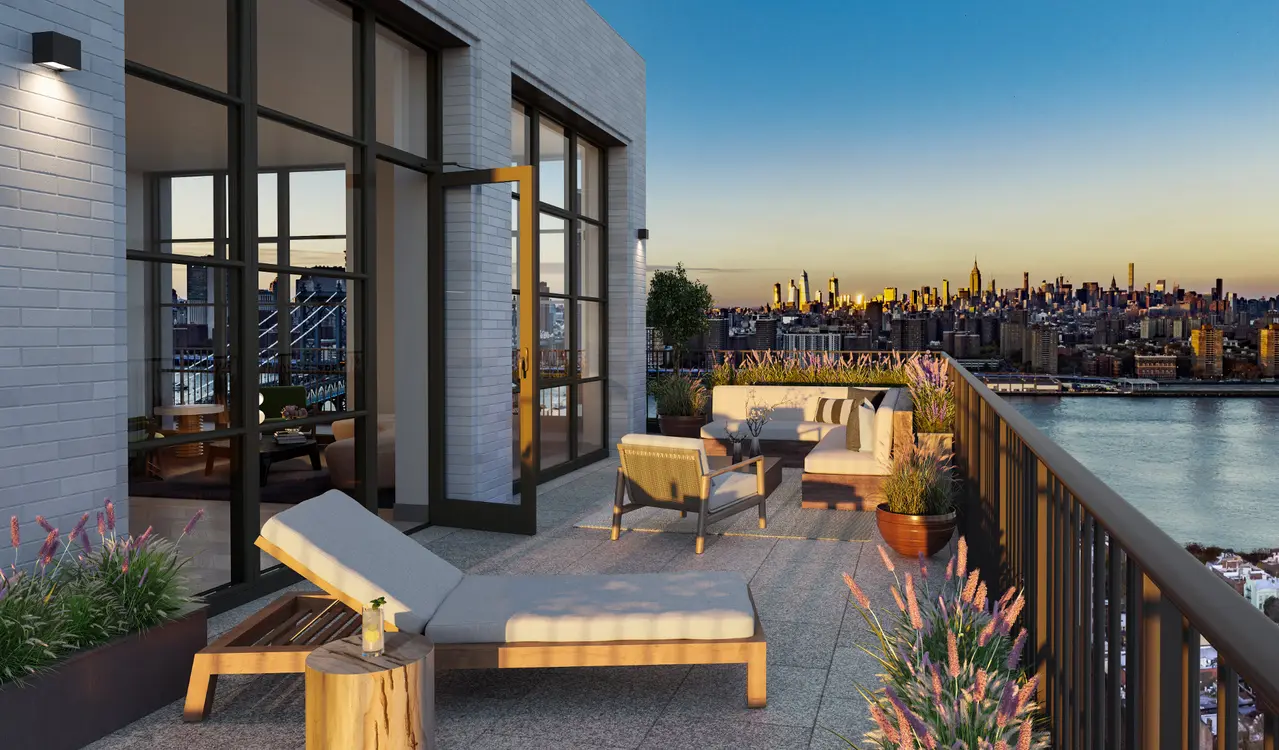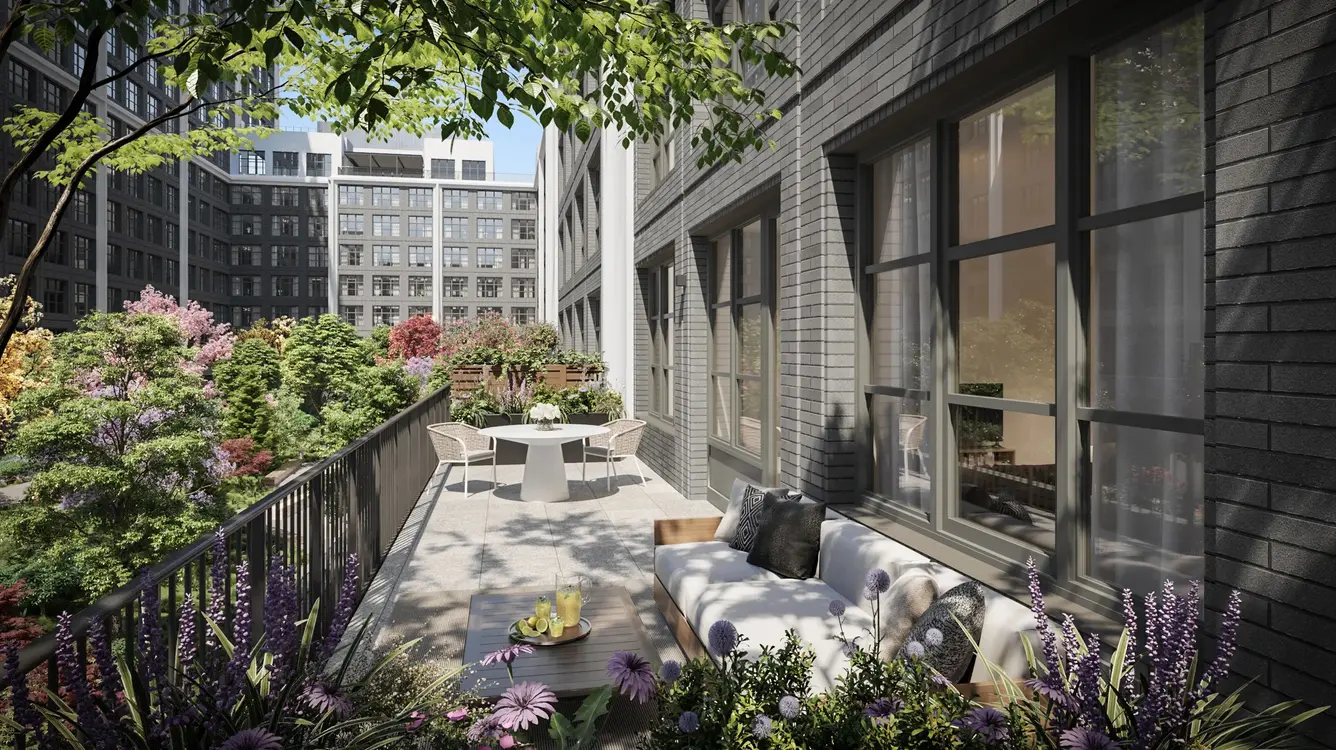‘NoiseAware’ sensors alert landlords when tenants are too loud
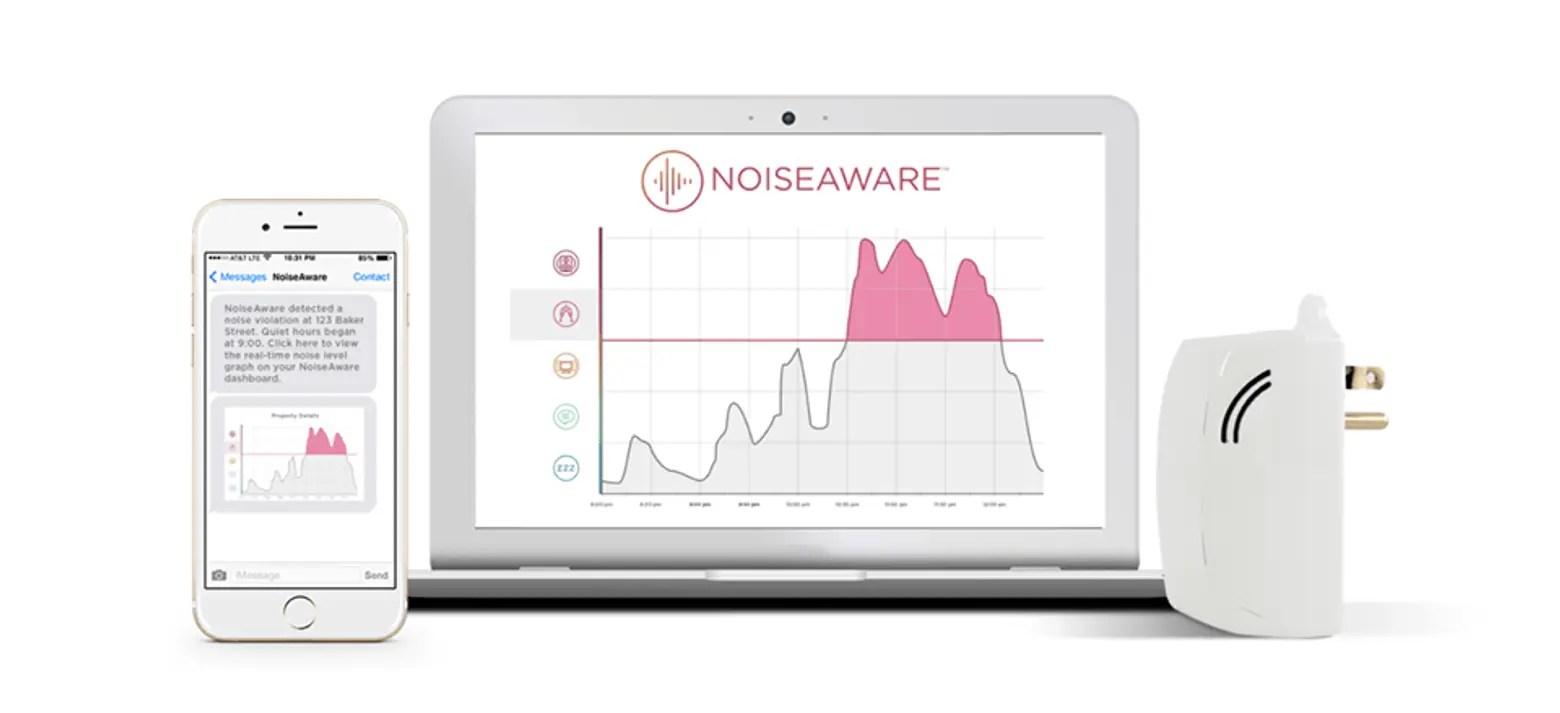
Photo via NoiseAware
As the number of short-term rentals skyrockets across the country so does the chance of noisy tenants, and with that, complaints from neighbors. A new startup has developed a way for property owners to become more courteous neighbors. NoiseAware, founded by two short term rental managers, developed noise-tracking software that distinguishes noise from true nuisance and alerts landlords with a text message when it violates the threshold (h/t Fast Co.Design). Users of the software, what the company calls a “smoke detector for noise,” can customize quiet hours, the noise threshold and alert preferences.
Video via NoiseAware
The idea for the company came about after party incident at one of the founder’s rentals. The CEO, David Krauss, rented his property out on Airbnb to a guest seeking a “quiet weekend.” Instead, they threw a “mini Coachella,” damaging the home and angering the neighbors. Forced to sell the property, Krauss lost over $30,000 in the deal. Following that, NoiseAware was formed in collaboration with an electrical engineer, Andrew Schulz. New Yorkers can most definitely relate to Krauss’ noise pollution problem. As 6sqft previously covered, about 420,000 noise complaints were filed citywide with the city’s 311 hotline in 2016, more than doubling the number of complaints made in 2011.
The company provides the owner with the noise sensors and 24/7 home noise monitoring service. To set up the sensor, it just needs to be connected to the property’s WiFi. Through each user’s account, the quiet hours and threshold can be managed and customized. Whenever the threshold is violated, the owner receives a notification automatically. Most of the time, guests probably do not realize they’re being too loud. The quicker the owner is alerted and sends the tenants a heads up, the quicker the issue can be resolved.
Monitoring services are based on the size of each property and the number of “activity zones” that need to be covered. The company describes activity zones as areas where guests typically congregate and potentially make a lot of noise. These usually include living rooms, kitchens and outdoor areas. The sensors alert homeowners only if certain noise levels are sustained. NoiseAware would not send an alert for dogs barking, doors slamming or any other briefly loud noise. Find out more about the product at NoiseAware’s website here.
[Via Fast Co.Design]
RELATED:
